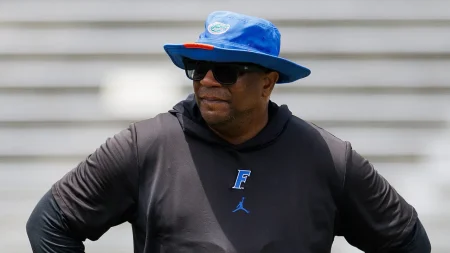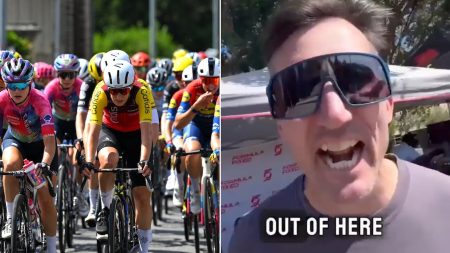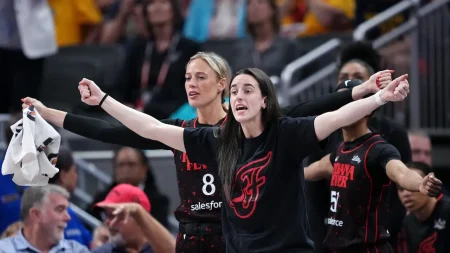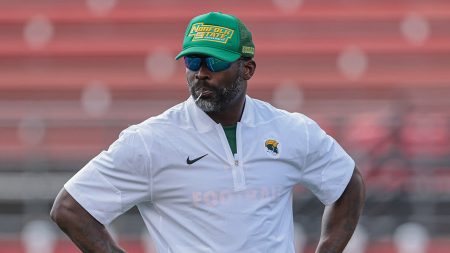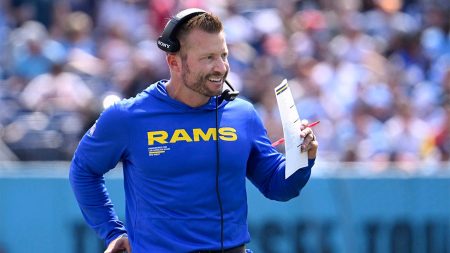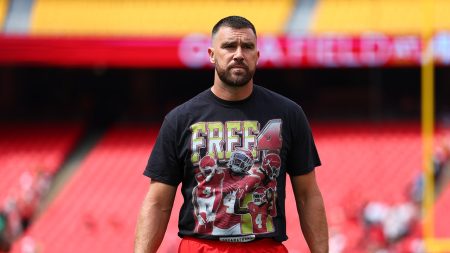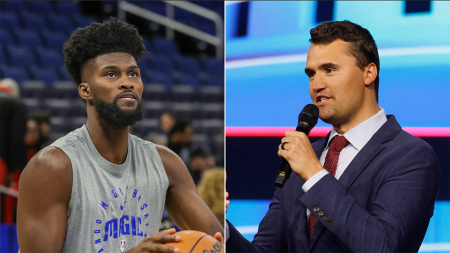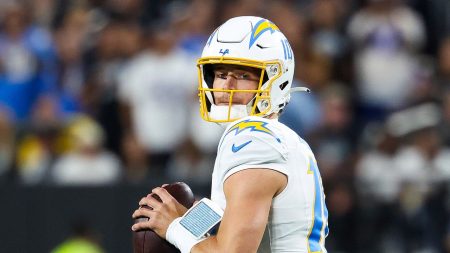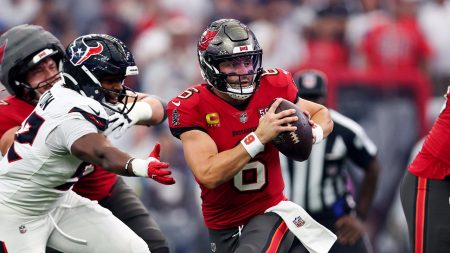Wyndham Clark, the 2023 U.S. Open champion, made a not-so-subtle dig at the rival LIV Golf tour during the Masters tournament at Augusta National Golf Course. Clark, who finished the first round eight shots behind Bryson DeChambeau, pointed out that they play 54 holes at Augusta, while LIV Golf only plays 54. Despite his rocky start at the Masters, Clark drew on his momentum from previous wins, including the Wells Fargo Championship and Pebble Beach.
During the first round of the Masters, Clark shot a 73, with a double bogey on the 15th hole, similar to Jordan Spieth’s quadruple bogey on the same hole. Despite the setbacks, Clark remained positive about his performance and felt confident in his game. He acknowledged that small improvements on the par-fives and better putting could have resulted in a different outcome. By the end of the first round, Clark was T28, while DeChambeau held a commanding lead.
Clark’s performance at the Masters was closely watched, especially after his success in previous tournaments leading up to the major event. His second-place finishes at the Arnold Palmer Invitational and the Players Championship, along with a strong showing at the Houston Open, showcased his potential. Although Clark faced challenges during the Masters, he remained focused on the remaining rounds and believed he had the ability to make a comeback.
The reference to LIV Golf by Clark underscored the ongoing competition and tensions between established tours like the PGA Tour and the new, Saudi-backed rival. The emergence of LIV Golf has drawn attention from players and fans alike, with some choosing to participate in the new tour while others remain loyal to traditional tournaments. Clark’s remarks reflected the underlying dynamics shaping the golfing world and the implications for players navigating these changes.
As the Masters tournament unfolded, Clark’s performance continued to be closely monitored by fans, fellow players, and the media. His comments and actions on the course added to the drama and intrigue surrounding the event. Despite facing challenges during his debut at Augusta, Clark’s resilience and determination were evident, demonstrating the mental fortitude required to compete at the highest level in golf. With more rounds to play, Clark remained optimistic about his chances to make a strong showing at the prestigious tournament.
In conclusion, Wyndham Clark’s remarks at the Masters highlighted the competitive landscape in professional golf, with established tours and new ventures vying for attention and talent. Clark’s performance reflected both the highs and lows of the sport, showcasing the unpredictability and challenges that players face. As the tournament progressed, Clark’s journey at Augusta National provided insights into the nuances of elite golf and the resilience needed to overcome obstacles. Whether he ultimately achieved his desired outcome or not, Clark’s presence at the Masters served as a reminder of the enduring appeal and excitement of the sport.





